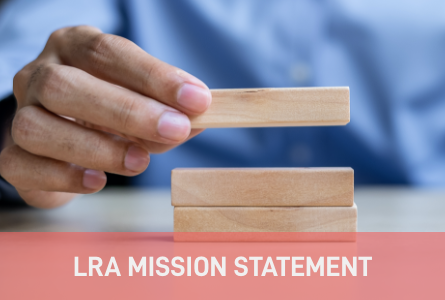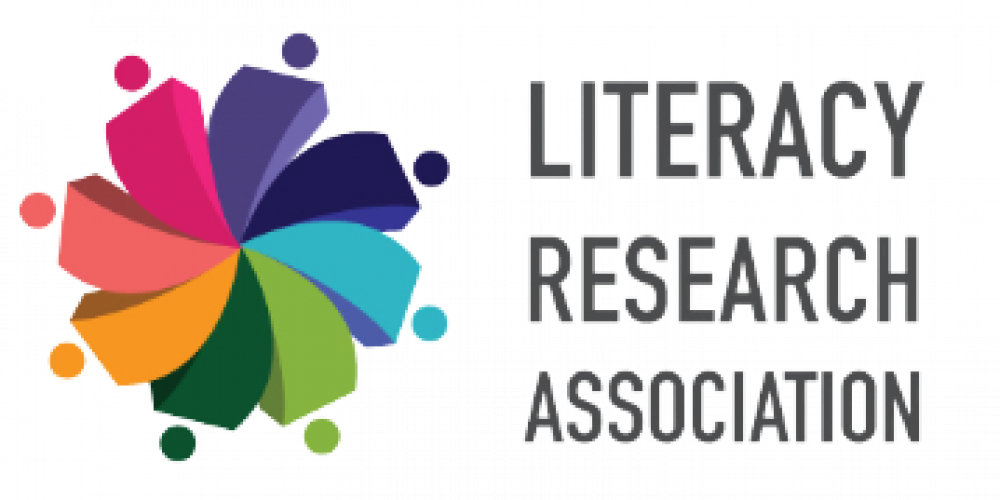Growing in solidarity to humanize literacy research and practice.
Growing in solidarity to humanize literacy research and practice.

The Literacy Research Association is a non-profit professional organization, comprised of individuals who share an interest in advancing literacy theory, research, and practice. We are a community that engages in research and dialogue pertaining to literacy and related topics. We support the professional development of emerging and established scholars. We advocate research-informed improvements in education. We seek engagement with high-quality research and discussions of important theoretical, methodological, practice and policy issues.
The Literacy Research Association (LRA) is a community of scholars dedicated to promoting research that enriches the knowledge, understanding, and development of lifespan literacies in a multicultural and multilingual world. LRA is committed to ethical research that is rigorous, methodologically diverse, and socially responsible. LRA is dedicated to disseminating such research broadly so as to promote generative theories, informed practices and sound policies. Central to its mission, LRA mentors and supports future generations of literacy scholars.)


LRA’s roots go back to 1950 and Oscar S. Causey. Causey began teaching at the college reading laboratory at Texas Christian University (TCU). During this time, colleges and universities were seeing an influx of students taking advantage of the GI Bill of Rights. These college students sometimes lacked the skills needed for college reading and studying. To meet this need, colleges and universities developed reading laboratories and programs focused on helping their students improve their reading and study skills. Causey recognized that many college and university instructors wanted support for their reading programs. He surveyed 150 postsecondary institutions from six states in the Southwestern United States in order to learn about their college reading programs. The responses from those surveyed indicated a strong interest in learning more about the development of college reading and study skills programs.
In 1952, Causey and TCU hosted the first annual Southwest Reading Conference for Colleges and Universities (SRC). Participants listened to six presentations and a panel focused on the theme of “Developing a Reading Program for College Students.” The SRC continued holding conferences at TCU and by 1958, the leaders changed the name to the National Reading Conference (NRC) to reflect the organization’s growing national reputation. As the organization continued to grow, the leadership agreed to incorporate it as a tax-exempt, nonprofit organization and the NRC was formally incorporated in Florida on May 5, 1962.
The next several decades showed a shift of focus, moving away from college reading and focusing more on K-12 reading. A variety of research was embraced, including more qualitative and mixed method designs. Additionally, the organization continued to grow through local and international memberships and was no longer the national organization that the name proclaimed. Further, the organization continued to embrace practices beyond just reading to include a wide range of literacy practices, including writing, digital literacies, and attention to cultural influences on all literacy practices. A reflection of these changes was a new name, overwhelmingly embraced by the membership. The National Reading Conference became the Literacy Research Association (LRA). The name change was officially used to describe the organization at its 60th year celebration in Fort Worth, Texas where the first SRC conference was held.



